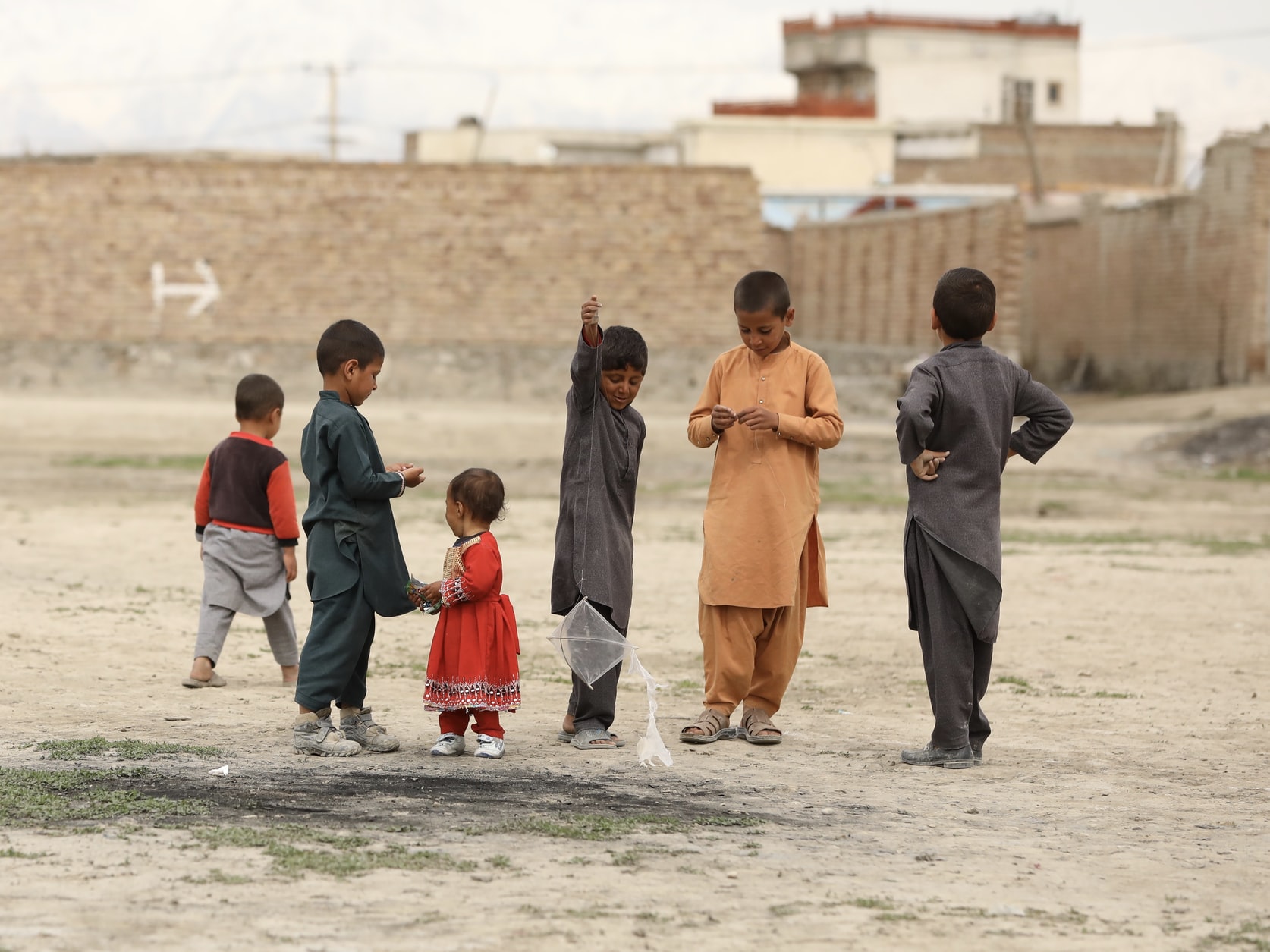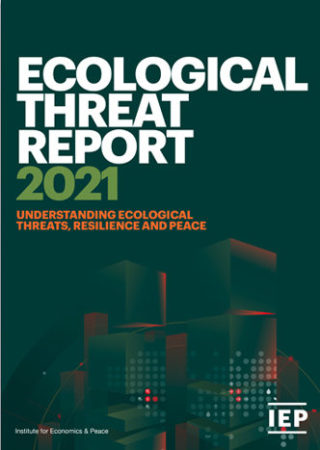Water risk and extreme food insecurity in Afghanistan ranks the country at the highest position on the Ecological Threat Register.
Afghanistan has the highest overall score on the 2021 Ecological Threat Register. What does that mean?
A composite index measuring the impact of ecological threats to countries made up of 5 qualitative indicators each weighed on a scale of 1-5. The higher the score, the more at risk the country.
The Ecological Threat Register (ETR) analyses 178 countries and assesses threats relating to food risk, water risk, rapid population growth, temperature anomalies and natural disasters.
These assessments are then combined with national measures of socio- economic resilience to determine which countries have the most severe threats and lowest coping capabilities.
All 34 of Afghanistan’s sub-national administrative units receive an extremely high ETR score. The average of a country’s sub-national entities is used to calculate the national score.
Afghanistan scores extremely high in all five indicators of the 2021 ETR; its highest average score is water risk. Overall, seven of the 34 sub-national entities score a max score indicating extreme water risk, while another 23 entities score extremely high.
The 2021 Ecological Threat Register also identifies that there is extreme food insecurity in Afghanistan’s sub-national entities. Afghanistan faces substantial impacts from natural disasters and climate change, hindering prospects for peace and development in the country.
Climate change poses a threat to Afghanistan’s natural resources, and the alternation of floods and droughts is expected to impact agricultural productivity and output.
The ongoing conflict has also undermined Afghanistan’s capacity to cope with ecological threats, with natural disasters adding stress to an already weak system of governance.

In the Positive Peace Index 2020, Afghanistan ranked 151 out of the 163 countries assessed.
This means that the country operates with a very low level of Positive Peace, which is a gauge for socio-economic resilience. In terms of the Pillars of Positive Peace, Afghanistan’s key deficiency is in Good Relations with Neighbours.
This reflects the country’s uneasy relations with its immediate neighbours—Pakistan, Iran, Tajikistan, Turkmenistan, Uzbekistan and China—and three far neighbours—Russia, India and Turkey.
The re-take of political power by the Taliban in 2021 may further deteriorate Afghanistan’s regional relations.
Other fragilities are found in the Low Levels of Corruption and Well-Functioning Government Pillars. This suggests that, even before the resurgence of the Taliban, the country was struggling with poor governance, and administrative malfeasance.
Afghanistan’s low level of Positive Peace means the country is ill-equipped to protect its population from the ecological threats facing the country. The nation lacks the full support of its hesitant neighbours and the international community, which could help administrators mitigate food and water risk.
The effectiveness of the country’s administrative apparatus itself may be lacking, and it is still to be seen how the Taliban will be able to address these issues.
